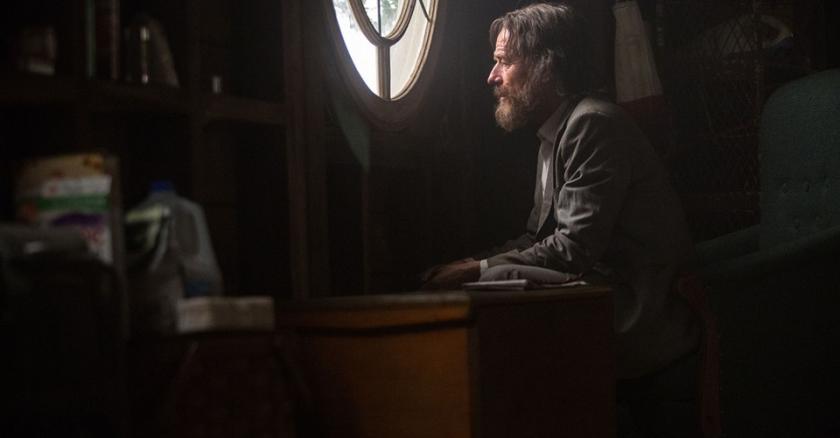The story of the man (and it usually is a man) who voluntarily disappears has been told and told again. Wakefield is based on an EL Doctorow short story which is itself inspired by a short story by Hawthorne, so it’s a narrative with deep ancestral roots. In this iteration Bryan Cranston plays Howard Wakefield, a New York salaryman who, thanks to a chance train delay one evening, decides on a whim to absent himself from his own life.
As this life involves marriage to Jennifer Garner, who has given him two gorgeous twin daughters, this looks like senseless squandering of a winning hand. But as Howard explains in a script heavily reliant on voiceover, he is running away not from them but from himself. Instead he takes up residence in the loft over the garage and through binoculars spies and commentates on the life he has left behind. Thus he becomes the thing he most feared in others: an outsider who can’t take his eyes off his wife.
Writer-director Robin Swicord (who also scripted, among others, The Curious Case of Benjamin Button) has essentially created an episodic paean to the charismatic Cranston, who has the magnetism to hold the centre of a film in which he slowly unpicks all the most unpleasant building blocks of his personality. Tonally it’s as if Hitchcock shot Home Alone, an aesthetic underpinned by the crisp photograph of Andrei Bowden-Schwartz and Aaron Zigman’s score.
Wakefield asks probing questions about cowardice and risk. Does it require courage to duck out of the grinding cliché of middle-class posh-problem suburbia? And does it call it for even more courage to contemplate a return? If the mood is a little too buoyant, it builds to an outro which audaciously asks the viewer to do some of the work. On this release the only extras are cast interviews, grist to the mill for post-film debate.















Add comment